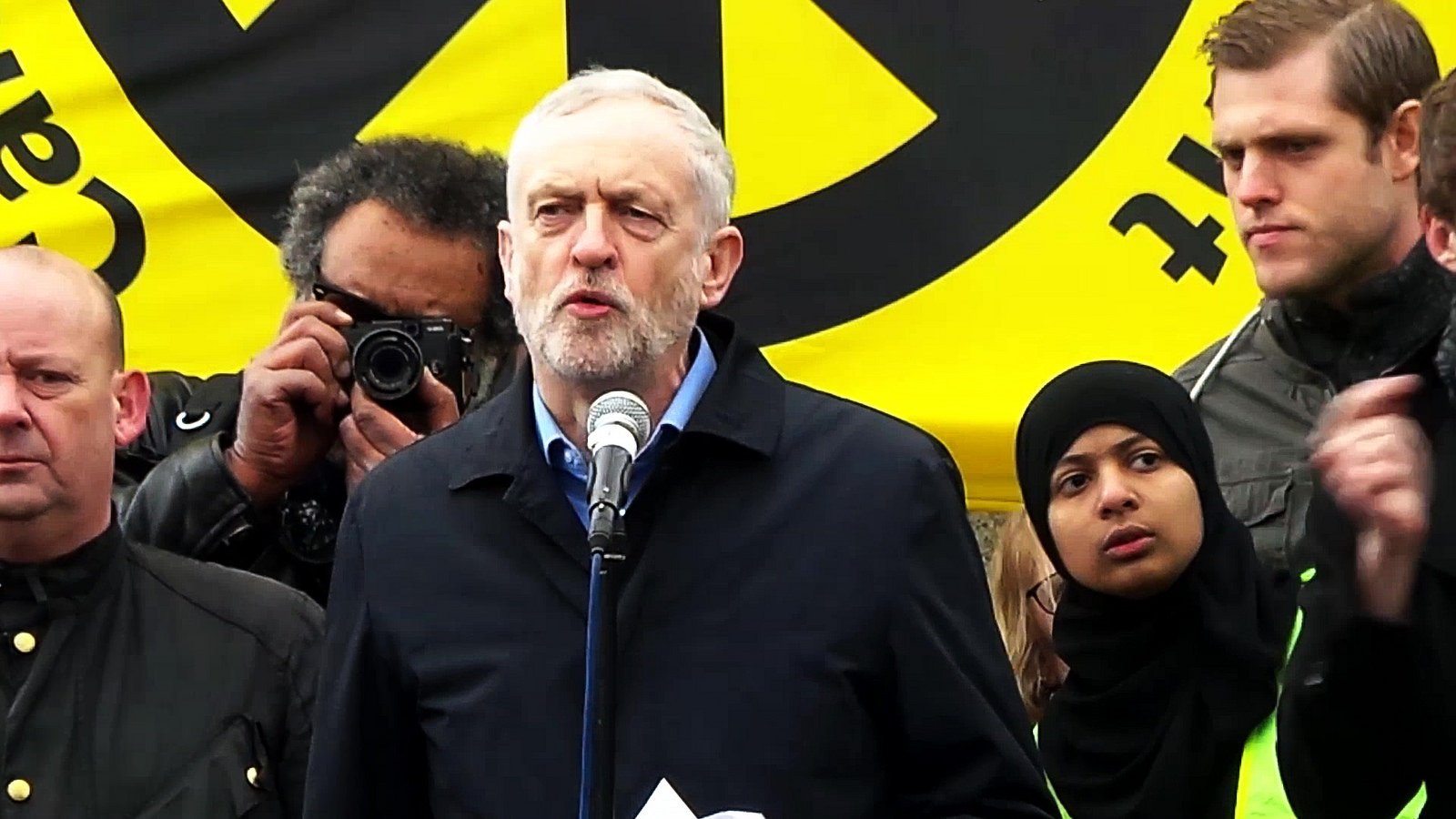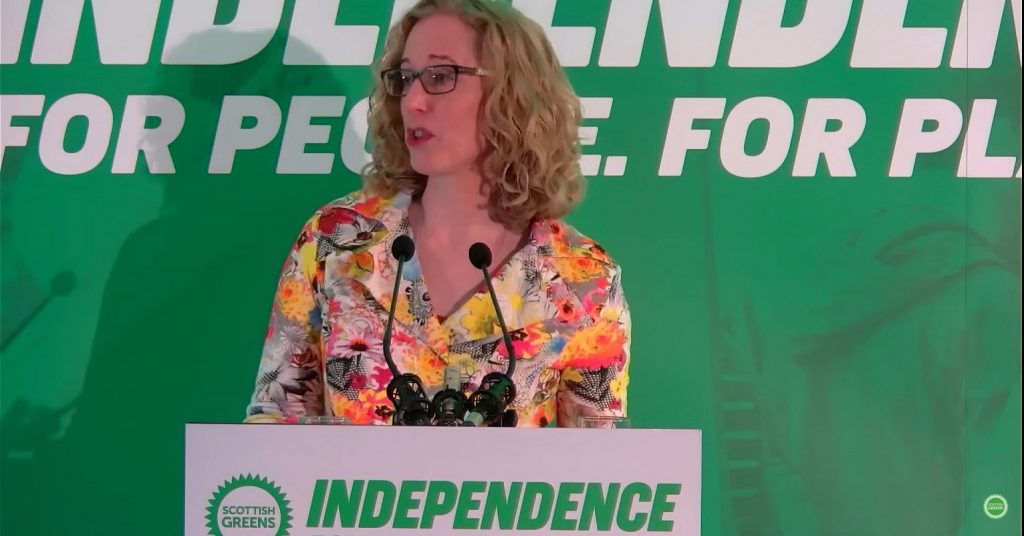Media In Times of Corbynism

This article is part of Bright Green’s ‘End of capitalism’ series– if you’d be interested in contributing something to this series, drop us a Facebook message or email ‘front-desk@project1-hvznj9e2s8.live-website.com’
‘Late Capitalism’ is a term that has become increasingly popular in left wing and progressive circles, as it recognises the old Gramscian adage of the old world dying as the new struggles to be born. We have witnessed the old dying as popular protests and revolutions swept the world at the beginning of this decade, and we are experiencing the monsters created by the contradictions between new and old as an unconventional populist won election to the White House, in the midst of a global resurgence of the far right.
The discontent caused by austerity, and the continued enrichment of an already wealthy elite has to manifest itself politically. In the last 9 years, we have witnessed a party with a radical, anti-capitalist programme win election to power in Greece, proving that History wasn’t over just yet. The UK returned an unexpected vote to leave the European Union at the same time as Labour Party members voted to elect their party’s most radical leader in living memory, Jeremy Corbyn.
Corbyn’s initial leadership victory in 2015 astounded most media commentators, including ‘Commentator of the Year’ Dan Hodges who probably still struggles with this reality two years on. Despite the huge amount of negative press dominating much coverage of Corbyn and his ideas, he won by a comfortable majority. Corbyn subsequently went on to win another leadership race in 2016, increasing his already sizeable vote share and defeating Owen ‘We should negotiate with ISIS’ Smith with ease. Corbyn’s shock rise to leadership and seemingly inexplicable levels of support within the party (500,000 new members in a 3 year period) led many media commentators to believe that everything from ‘fake news’ to a Trotskyist conspiracy was to blame for the Corbyn phenomenon.
Corbyn’s Labour currently has approximately 600,000 members, making it the biggest left of centre party in Europe. Most of the people who have joined did so to support Corbyn and the policies he stood for when running for leadership, but also the policies announced in this year’s Labour manifesto. After 9 years of austerity, the message of ‘For The Many, Not The Few’ resonates with people struggling with high rents, low wages and a barbaric benefits system.
With Corbyn as Leader, his supporters found a litany of new media publications who supported him. Ranging from stalwarts of the left including the Morning Star or Novara and other publications such as Evolve Politics or the much debated Canary. Many of these publications now command readerships that rival mainstream outlets and as such, are the de facto means of political education for many of Corbyn’s supporters.
Educate, Agitate, Organise!
Where mass working class parties have existed, left media has existed also. Before the attempted German Revolution in 1918, the SPD was the largest organised working class organisation on the planet with over a million members. In the same period, members of the SPD organised and ran over 100 papers; these papers were dedicated to various liberations struggles and the latest Marxist and Social Democratic analyses of the day. They performed the key role of developing members’ political ideas and perspectives on matters of importance within and outside the organisation. These papers also helped members recruit new people to their cause.
During the Weimar era in Germany’s history, Willi Munzenberg operated the Munzenberg Trust which was Weimar Germany’s fourth largest media organisation. The Trust ran a string of newspapers, magazines and film companies which produced pro communist material, enjoying a weekly circulation of 1 million copies.
Some on the left have called for a ‘Breitbart of the Left’, taking inspiration from Munzenberg’s populist style agitations. The biggest we could make now would be to separate our media production from political organisation. The situation we face now is materially different to the days of Munzenberg; much of our entertainment already contains indirect head nods to anti corporate anger, capitalist greed and popular discontent, because it is profitable.
With the decline in political organising that followed the collapse of Stalinism and the declaration of the ‘end of history’ in the late 20th Century, the important function of a media outlet as an educator and recruiter has slipped from the memory of many of our movements,only to be briefly remembered when people are simplistically labelled as ‘brainwashed’ for reading the Guardian or the Daily Mail.
The Canary is the most widely read left wing news outlet in the UK: it regularly sits on the top 100 list of the UK’s visited websites. The outlet has managed to reach this point by publishing sensationalist clickbait, even going to the point of fabrication in the search for more views to generate ad-revenue. In pursuing views and sensationalist cheerleading over quality analysis, the Canary doesn’t serve to further the interests of the working class and oppressed; it exploits them.
Entering the void left by the British Media’s almost unanimous right wing bent, The Canary was able to present itself as an honest news source to the 100,000’s who were engaging with the Labour Party to support Corbyn, denying said readers any political ideas of worth. If we are to take the challenges that lie ahead seriously, we need to distance ourselves from the cheerleading that is typified by The Canary. Left Media needs to be able to structurally analyse events and present them to an audience honestly, because this analysis is a crucial tool in preparing the audience to engage in the work of building the socialist alternative to Capitalism, as well as recruiting more people to it. Our audiences are not passive commodities, they are not here solely for ad revenue or clicks; the audience reads our materials in order to help build a stronger movement.
Finding Our Promised Land
“I would not lead you into the promised land if I could, because if I led you in, someone else would lead you out” Eugene V. Debs
Debs lived in incredible times, a world gripped by its first international conflict involving a number of Imperialist armies, the Bolsheviks successfully ousting the Tsar in the October Revolution of 1917; providing an initial glimpse of what a socialist society could look like. Debs lived in times of great crisis and opportunity until his death in 1926, times not entirely unrecognisable to those of us enduring this period of crisis we find ourselves in now.
Why mention Debs? The crises he lived through and faced as a Socialist are not too different from the situations we find ourselves in no. This article is intended to be a primer for discussion within the left on how we develop our media to ensure we don’t have movements built around individuals, instead building movements founded upon strong ideas and methods that can deliver the change we need.
One of the key tasks for left media now, already alluded to in this article, is to critically evaluate and shape Corbynism. This means identifying and analysing potential weaknesses in this newly labelled, fresh form of 1970s social democracy. We can’t forget that the Labour Party is still divided and it will take more than support for Corbyn to oust the enemy within, truly democratising the party and taking Corbynism from being a movement around one man and his ideas, to being a movement of the working class – organised by itself, for itself (as a mass party). As much as breaking the flawed analysis put forward by the mainstream press with our own reporting is important, it is equally important to provide media forms that allow our own analyses to develop and to encourage healthy debate within the many movements that are opposed to the today’s status quo.
This means breaking away from the Canary model of responding to mainstream media criticism with unabashed, uncritical praise for Corbyn and the sometimes over exaggerated accounts of his performances in PMQs sessions. Media isn’t the best or sole method of delivering political education, but in today’s society it is the fastest and most easily accessible. The successes that Corbynism has enjoyed so far shows that people are hungry for an alternative and want media outlets that are capable of articulating that alternative.




I’m very sceptical about Corbyn
I’m a Green European Engineer and his support for the end of the free movement of people is a bit scary
If he is really a Socialist why doesn’t he understand that workers of the world need to unite
It makes me think that he may just be an invention of the very well paid Labour party spin doctors